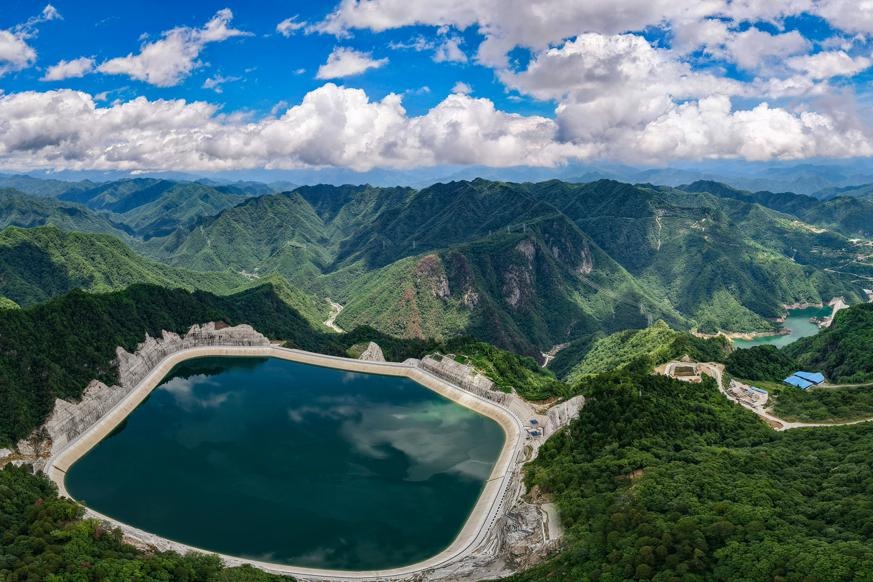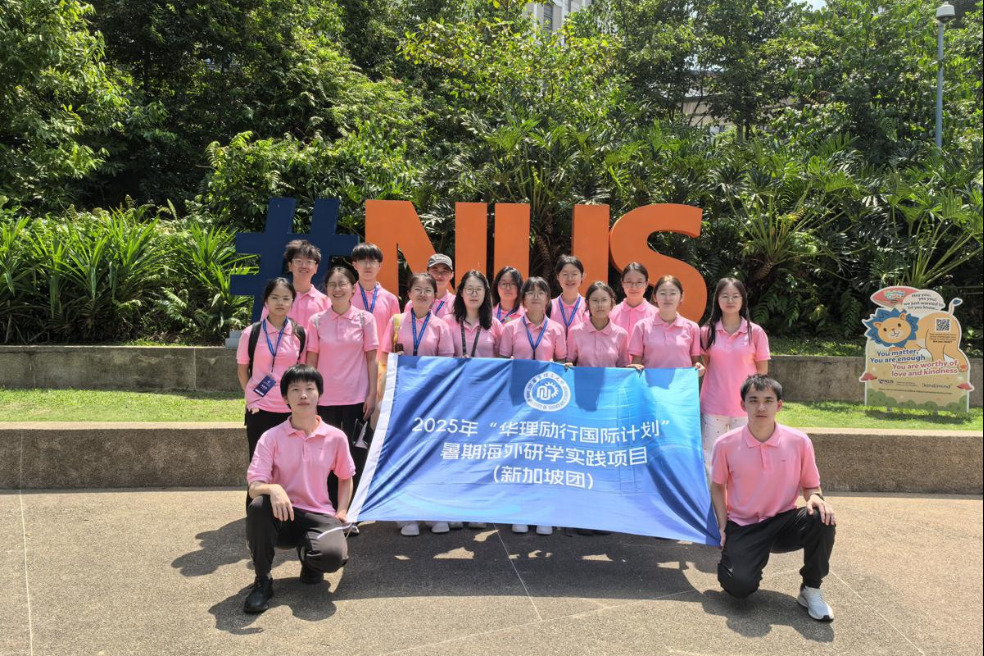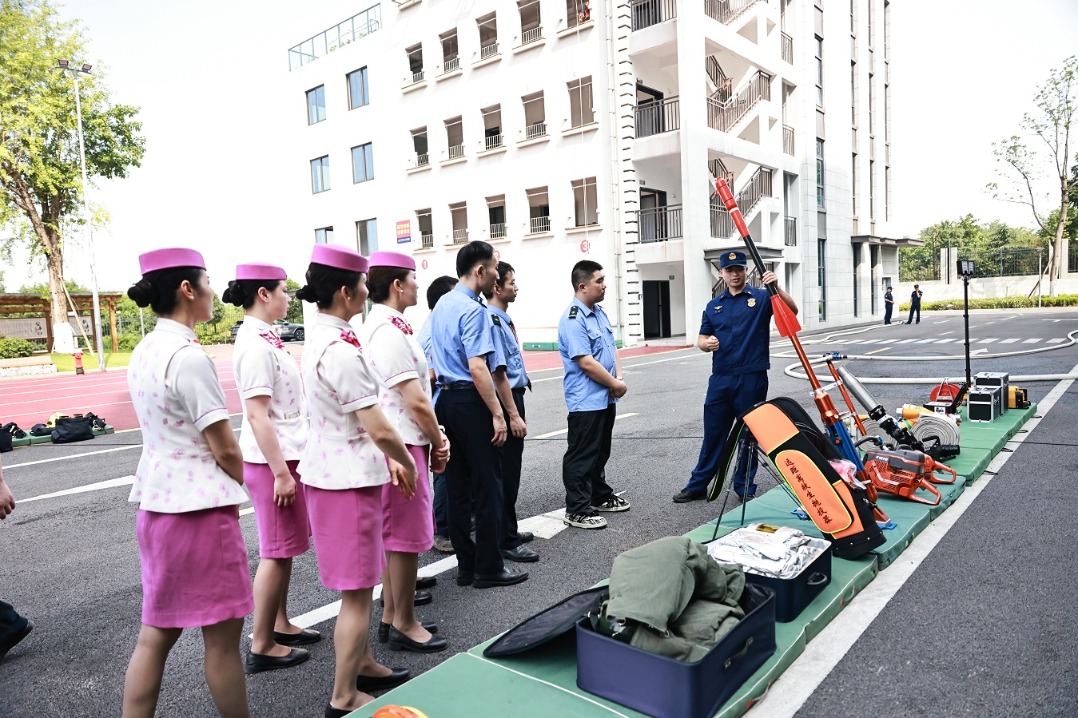Chinese researchers develop new catalyst for producing hydrogen

HANGZHOU -- A Chinese research team has developed a low-cost catalyst that can help generate hydrogen from water by simulating photosynthesis, a finding expected to drastically reduce the cost of hydrogen power.
The new catalyst was developed by a research team led by Hou Yang, a researcher with Zhejiang University in the eastern Chinese city of Hangzhou. The finding has been published in the online edition of Nature Communications.
The traditional catalyst for generating hydrogen from water is a precious metal called iridium, which is expensive and often inefficient and unstable, according to Hou.
By imitating the atomic structure of chloroplast, Hou's team developed the new catalyst with a special structure, which can reduce the production costs by more than 80 percent.
"As a type of clean energy, hydrogen has the advantages of no pollution, a high combustion value and is widely attainable," Hou said. "The process of producing hydrogen by splitting water can meet the demand for high-density energy in new energy vehicles."
- Visionary Pathway - Hangzhou Playbook
- 2025 International Congress of Basic Science kicks off in Beijing
- Scorching week forecast for various parts of country
- Young filmmakers' project paints multidimensional portrait of China
- Rare 1938 Guangzhou bombing photos to debut in August
- Power station solves renewable energy intermittency





































